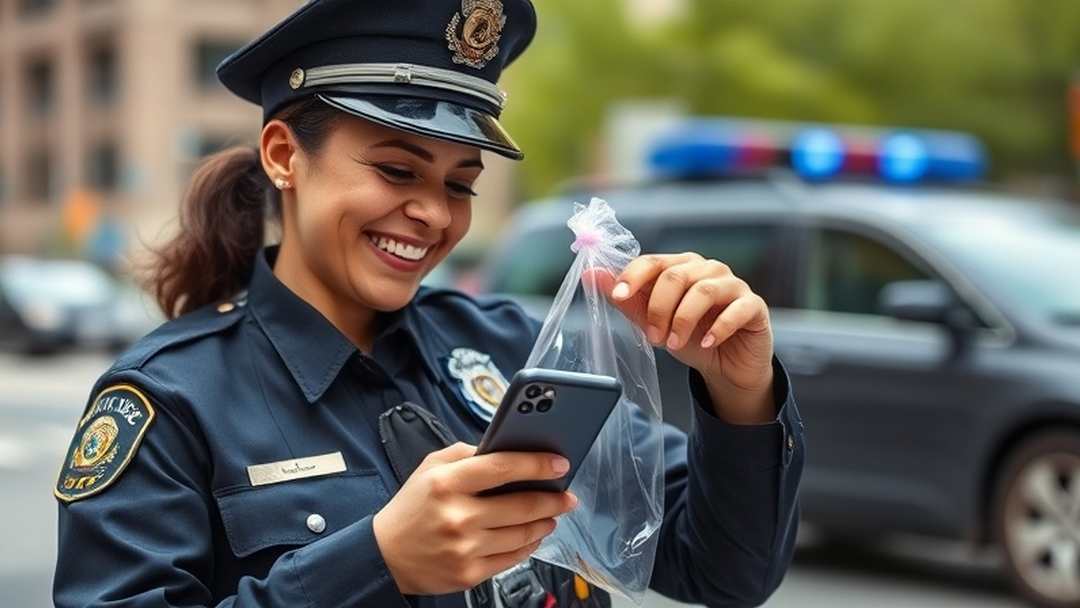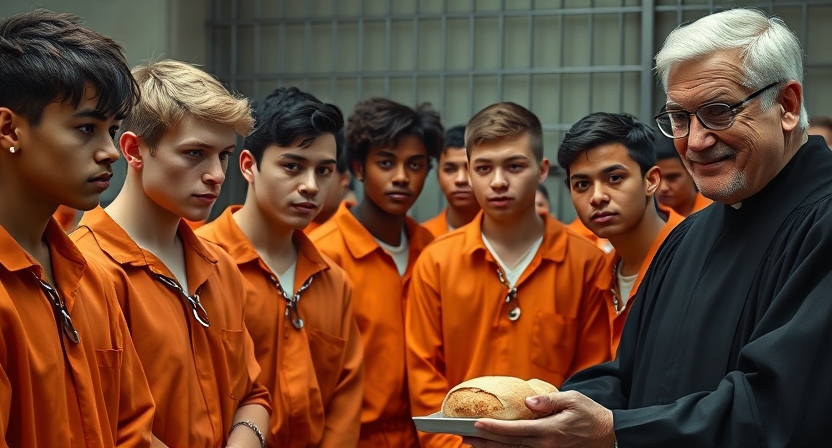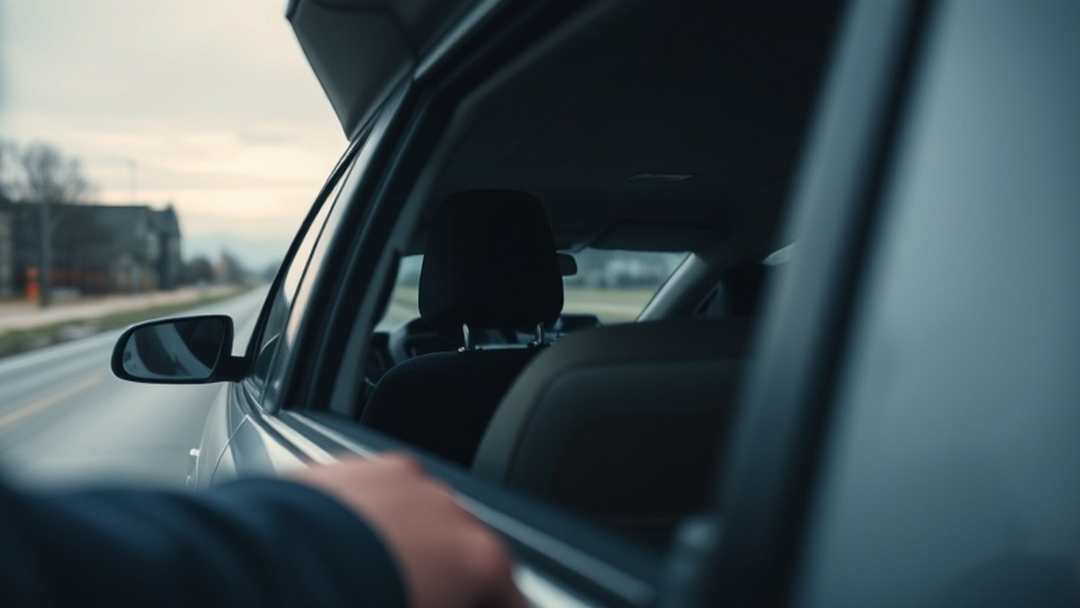Michigan’s Rules of Evidence, established by the Supreme Court, dictate how evidence is presented and admitted in court proceedings. Rules 1001 through 1008, focusing on how written words, recordings, and photographs are treated as evidence.
Rule 1001: Defining the Terms
Before diving into details, Rule 1001 lays the groundwork by defining key terms:
- Writing: Any combination of letters, words, numbers, or their equivalent, regardless of format (handwritten, digital, etc.).
- Recording: Similar to writing, but encompassing sounds captured in any form (audio tapes, digital recordings, etc.).
- Photograph: An image or its equivalent stored in any format (printed photographs, digital files, etc.).
- Original: The primary version of a writing, recording, or photograph, or an authorized duplicate intended to have the same effect. For electronic information, a printout or other readable output that accurately reflects the data constitutes an original.
Rule 1002: The Quest for the Original
Generally, Rule 1002 emphasizes using the original document, recording, or photograph as evidence. This ensures authenticity and accuracy. However, exceptions exist:
- Duplicates: If the original is unavailable or difficult to produce, a duplicate (exact copy) certified by the custodian of the original is admissible.
- Voluminous Materials: For extensive records like business ledgers, summaries or compilations prepared by a qualified witness using the original are acceptable.
- Lost or Destroyed Originals: Proof of loss or destruction, coupled with secondary evidence like copies or witness testimony, might allow entry of non-originals.
Rule 1003: Duplicates Step Up in Absence of Originals
When the original is unavailable and exceptions in Rule 1002 don’t apply, certified duplicates take center stage under Rule 1003. However, the opposing party has the right to challenge the authenticity of the duplicate.
Have your rights been violated?
Have your driving priviledges been revoked?
Has your professional license been suspended?
Second Amendment rights taken away?
Have you been charged with a crime?
Call our office to see if we can help
Komorn Law 248-357-2550
Rule 1004: When Copies Don’t Cut It
If neither the original nor a certified duplicate are available, Rule 1004 allows “other evidence of contents.” This could include oral testimony about the contents, copies not certified by the custodian, or even handwritten notes summarizing the original. However, such evidence faces a higher bar for admissibility due to concerns about accuracy and trustworthiness.
Rule 1005: Public Documents Take a Shortcut
For publicly available documents like government records, certified copies readily obtainable from the custodian bypass the original requirement under Rule 1005.
Rule 1006: Summaries of voluminous records get a green light
Rule 1006 reiterates the allowance for summaries of voluminous records if the original would be cumbersome to present. Here, the summary must be prepared by a qualified witness accurately reflecting the original’s substance.
Rule 1007: Parties Can Speak for Their Words
Rule 1007 empowers parties in a case to testify about the contents of their own writings, recordings, or photographs. This helps clarify ambiguities or resolve questions about intent.
Rule 1008: Judge and Jury Take Their Roles
Finally, Rule 1008 clarifies how judges and juries handle certain issues:
- The judge decides whether certain conditions are met for admitting evidence of contents under these rules.
- The jury decides if the writing ever existed, if a presented document is the original, or if secondary evidence accurately reflects the content.
These eight rules form the foundation for handling written, recorded, and photographic evidence in Michigan courts. Remember, this is just a summary; actual legal proceedings should involve consulting legal professionals for accurate interpretation and application of these rules.

Important:
This article provides a simplified overview of the Michigan Rules of Evidence for informational purposes only. It should not be interpreted as legal advice. When facing legal matters, always consult with a qualified attorney for professional guidance.
The Michigan Rules of Evidence are subject to change over time. Always consult the latest official version for accurate information.
Here is the link to the Michigan Rules of Evidence Handbook. Check the footer for the latest update.
Here is the link to proposed changes Michigan Court Website
Related Articles (see more posts after)
Evidence in Michigan Courts: A Guide to Rules 301-302
Michigan Rules of Evidence: A Guide to Rules 301-302 Presumptions, those inferences drawn from established facts, play a crucial role in both civil and criminal cases in Michigan. However, their application is carefully regulated by the Michigan Rules of Evidence,...
Evidence in Michigan Courts: A Guide to Rules 201-202
Michigan Rules of Evidence: A Guide to Rules 201-202 Understanding the Michigan Rules of Evidence is crucial for anyone involved in legal proceedings within the state. This article focuses on two key rules: 201** (Judicial Notice of Adjudicative Facts)** and 202**...
Evidence in Michigan Courts: A Guide to Rules 101-106
Navigating the legal system can be daunting, especially when it comes to understanding the rules governing evidence. This article sheds light on the first six articles of the Michigan Rules of Evidence (MRE), providing a helpful summary for legal professionals,...
More Posts

If I renounce my US citizenship can I get it back?
Venezuela or Bust If I renounce my U.S. citizenship can I get it back?Renouncing U.S. citizenship is a serious legal action. It involves voluntarily giving up your status as a U.S. citizen, usually by signing an oath of renunciation at a U.S. embassy or consulate...

New Laws in Effect for Michigan in 2025
Some laws in effect in 2025 "Enacted by the People of Michigan" Here we go...Minimum wage Improved Workforce Opportunity Wage Act - Michigan's minimum wage will increase twice during 2025, per a 2018 Supreme Court ruling. Starting Jan. 1, 2025, the standard minimum...

The Police Took Your Cellphone – Now What?
Everything you have and say will be evidence used against you. The Police took your cellphone - Now what?After your arrest, you arrive at the police station where you go through the booking process, and your cellphone is taken from you. Once you are released, your...

Feeling Bullied? Here’s Michigan’s Anti Bullying Laws.
Michigan Anti-Bullying Laws & Policies Components of State Anti-Bullying Laws and Regulations How are bullying and cyberbullying defined in Michigan anti-bullying laws and regulations? Michigan anti-bullying laws and regulations include the following...

Former 3M scientist who made unsettling PFAS discovery says bosses deceived her
Gee - What a surprise... When a former 3M scientist discovered the company’s chemicals were in human blood in the general population, she says her bosses misled her to believe it was harmless.3M accused of deceiving its own scientist about PFAS in human blood Hansen...

Drones – What Drones?
Jersey cops launched into the night sky with catapults to throw dreamcatchers at the unknown drones to entangle their props and bring em down! Just kidding - I think.Darrr.. What drones? Those drones pose no threat there are no drones. That's just a balloon,...

Cash For Kids Judge Pardoned (The Kickback Club)
Biden’s commutation for Judge in ‘kids for cash’ scandal should anger the entire universe.Biden’s commutation in ‘kids for cash’ scandal. BY MICHAEL RUBINKAMUpdated 5:32 PM EST, December 13, 2024A judge implicated in one of the most notorious judicial scandals in U.S....

How Much Does It Cost To Hire a Criminal Defense Attorney?
Don't do the crime - if you can't pay the price.Average Flat Fees. Some criminal defense attorneys charge a flat fee for certain types of cases, instead of billing by the hour. This may or may not include filing fees, motions, fees, etc. Flat fees include: DUI/DWI –...

What do you do when you are pulled over for suspected DUI?
If you are pulled over for suspected drunk driving you are probably going to be arrested. The less you say - the better off you are in the long run. If you find yourself being pulled over for suspected DUI, ensure you pull over safely to the roadside, maintain a...

Trump plans – How does Cannabis Business fit in?
You work hard. Now get ready to work harder to prepare to give more.President Biden's administration has proposed the reclassification of marijuana from a Schedule I controlled substance to a Schedule III drug, which recognizes its medical benefits. This significant...













